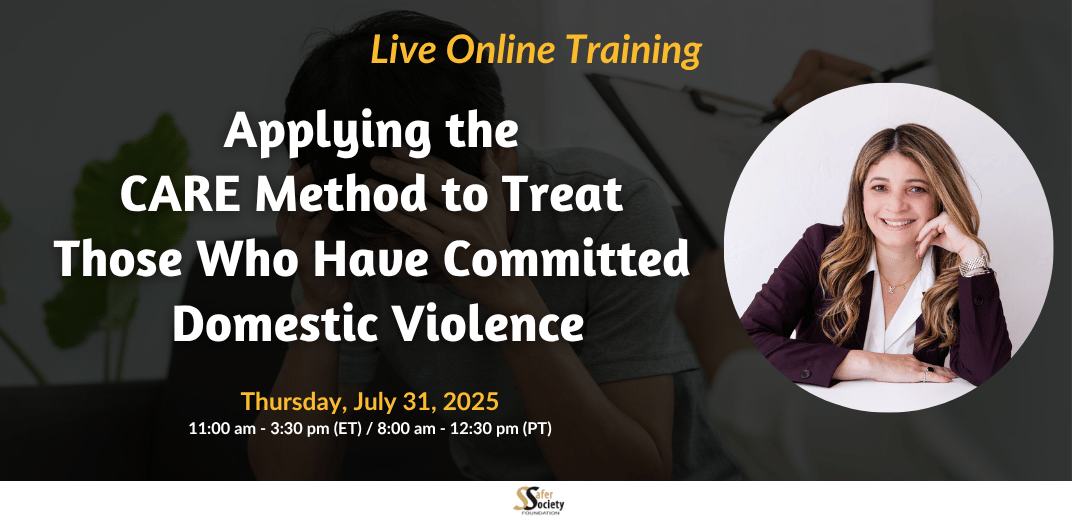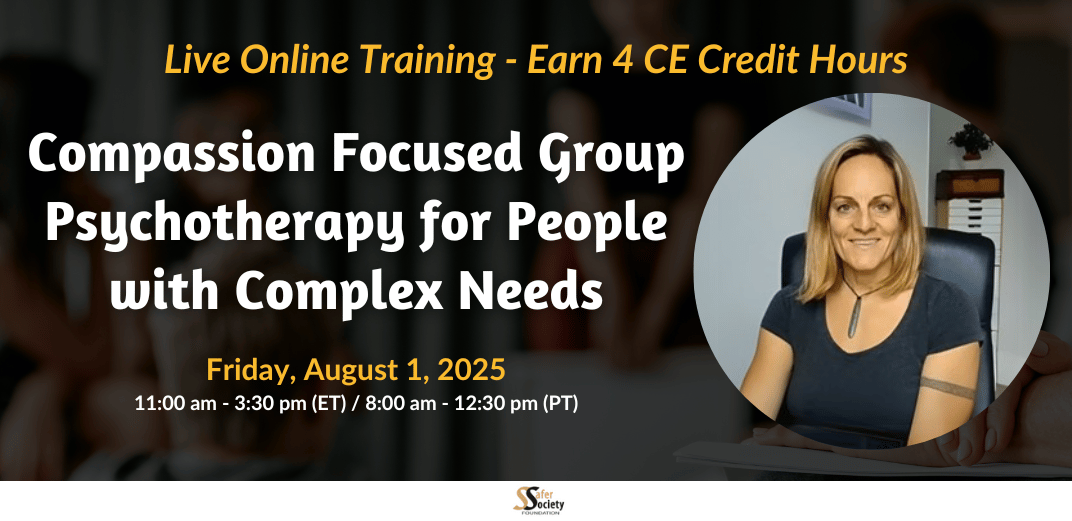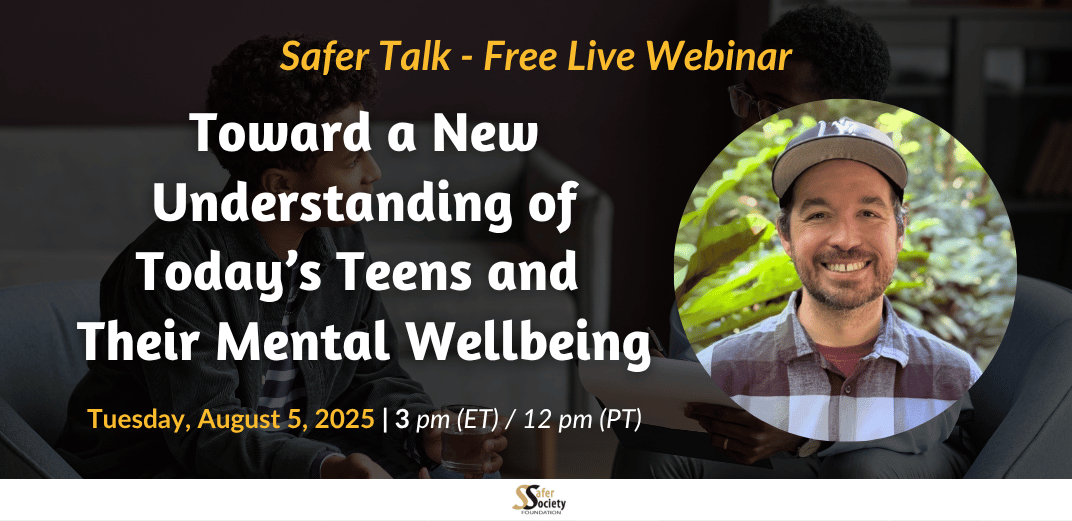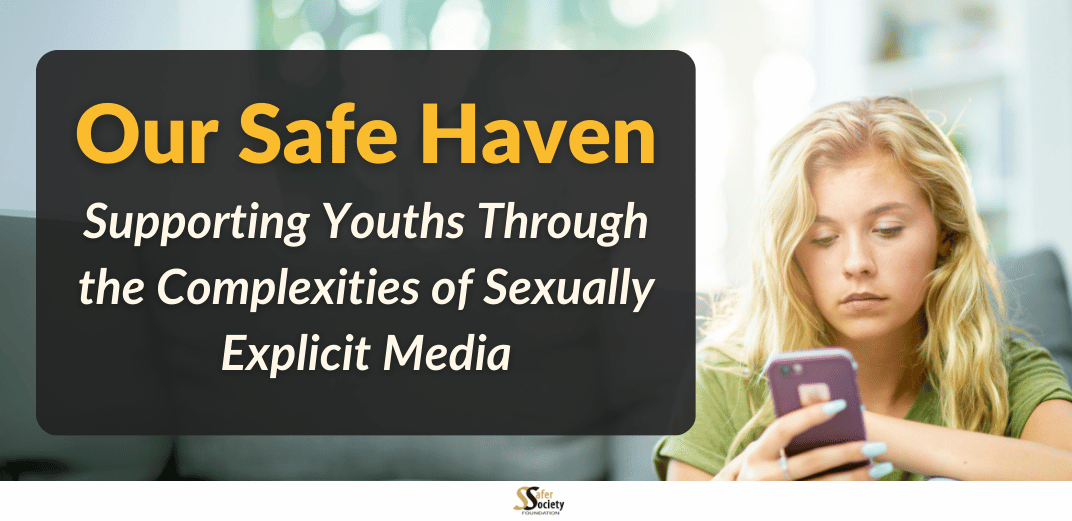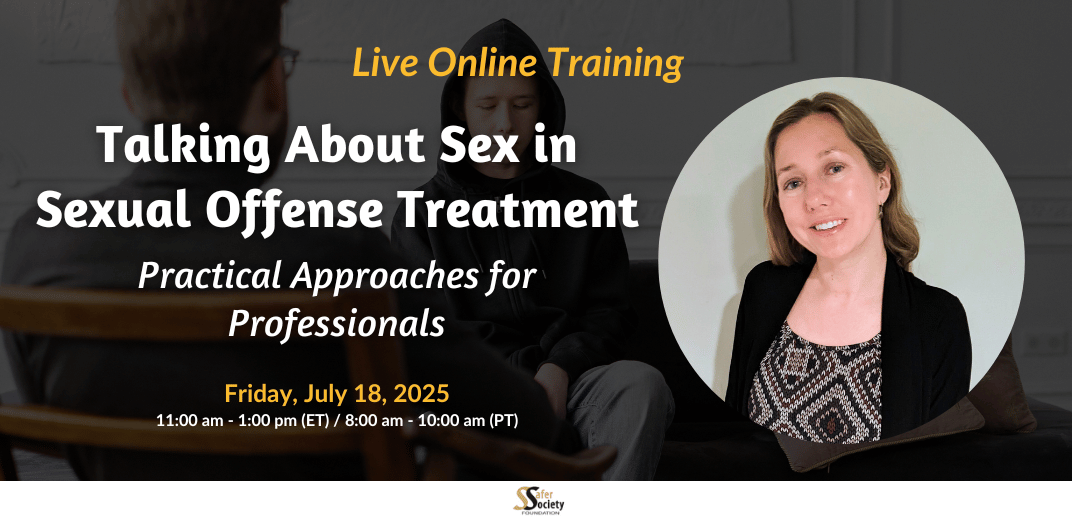
Talking About Sex in Sexual Offense Treatment: Practical Approaches for Professionals
Traditional approaches to sexual offense treatment focus on suppressing or controlling sexual urges, but research and clinical experience now emphasize the importance of promoting healthy sexuality as part of rehabilitation. For individuals with histories of sexual offending, addressing issues such as sexual dysfunction, negative self-image, intimacy problems, and deviant sexual scripts in treatment, can decrease the risk of reoffending.
Unfortunately, many professionals experience discomfort and other challenges when discussing sexual topics with clients, leading to avoidance or negative messaging about sex and sexuality. Consequently, clients may not receive the support they need to explore their sexual interests, develop healthy sexual expression, and achieve treatment goals related to consensual and non-harmful sexuality.
This presentation, developed by Nikole Nassen, PhD, focuses on how professionals can address sexual topics with adults in sexual offense treatment.


